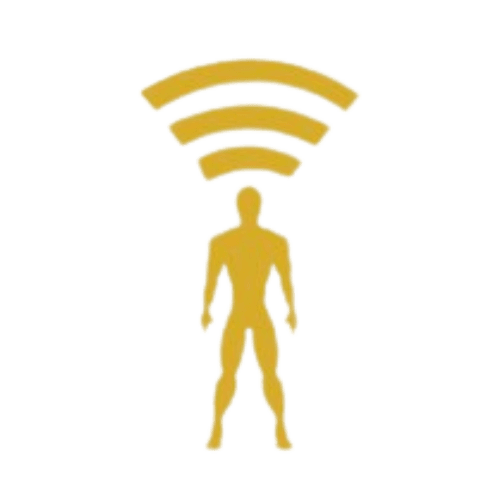Exploring Emerging Trends in Digital Marketing Automation
Understanding the Rise of Digital Marketing Automation
Digital marketing automation is revolutionizing the way businesses connect with their audience. By leveraging advanced tools and technologies, companies can streamline their marketing efforts, enhance customer engagement, and ultimately drive more conversions. As we dive deeper into the digital age, automation is no longer a luxury but a necessity for staying competitive in the market.
The main goal of marketing automation is to simplify tasks that would otherwise consume considerable time and resources. From email campaigns to social media management, automation tools are designed to handle repetitive tasks efficiently. This allows marketers to focus on crafting creative strategies that require a human touch.

The Role of Artificial Intelligence in Automation
Artificial Intelligence (AI) is a key driver behind many emerging trends in digital marketing automation. AI-powered tools can analyze vast amounts of data quickly, providing insights that humans might overlook. By understanding customer behavior and preferences, businesses can tailor their marketing strategies to target individuals with more precision.
AI also enables predictive analytics, helping marketers anticipate trends and adjust their campaigns accordingly. This proactive approach not only improves marketing outcomes but also enhances the customer experience by delivering personalized content that resonates with the audience.

Personalization at Scale
One of the most significant benefits of digital marketing automation is the ability to personalize content at scale. With automation tools, businesses can segment their audience based on various criteria such as demographics, purchasing behavior, and engagement levels. This ensures that each customer receives content that is relevant to their interests and needs.
By delivering personalized experiences, companies can foster stronger relationships with their customers, leading to increased loyalty and higher conversion rates. Personalization also helps in reducing churn by ensuring that customers feel valued and understood.

Integration with Other Marketing Channels
Another emerging trend in digital marketing automation is the seamless integration with other marketing channels. Automation platforms are increasingly designed to work in harmony with CRM systems, social media platforms, and even offline marketing efforts. This cross-channel integration ensures a consistent message across all touchpoints.
This holistic approach allows marketers to create unified campaigns that provide a cohesive brand experience. By maintaining consistency across channels, businesses can reinforce their brand identity and improve overall marketing effectiveness.
Challenges and Considerations
While digital marketing automation offers numerous benefits, it also presents certain challenges. One of the primary concerns is maintaining data privacy and compliance with regulations such as GDPR. Businesses must ensure they handle customer data responsibly and transparently.

Additionally, the initial setup of automation tools can be complex and requires a significant investment of time and resources. It is essential for businesses to carefully select the right tools that align with their specific needs and goals.
The Future of Digital Marketing Automation
As technology continues to evolve, the future of digital marketing automation looks promising. We can expect further advancements in AI and machine learning, enhancing the capabilities of automation tools. These innovations will likely lead to even more sophisticated personalization and improved customer insights.
Businesses that embrace these emerging trends will be well-positioned to stay ahead in the competitive landscape. By investing in digital marketing automation, companies can optimize their marketing efforts and achieve sustainable growth in the digital era.
